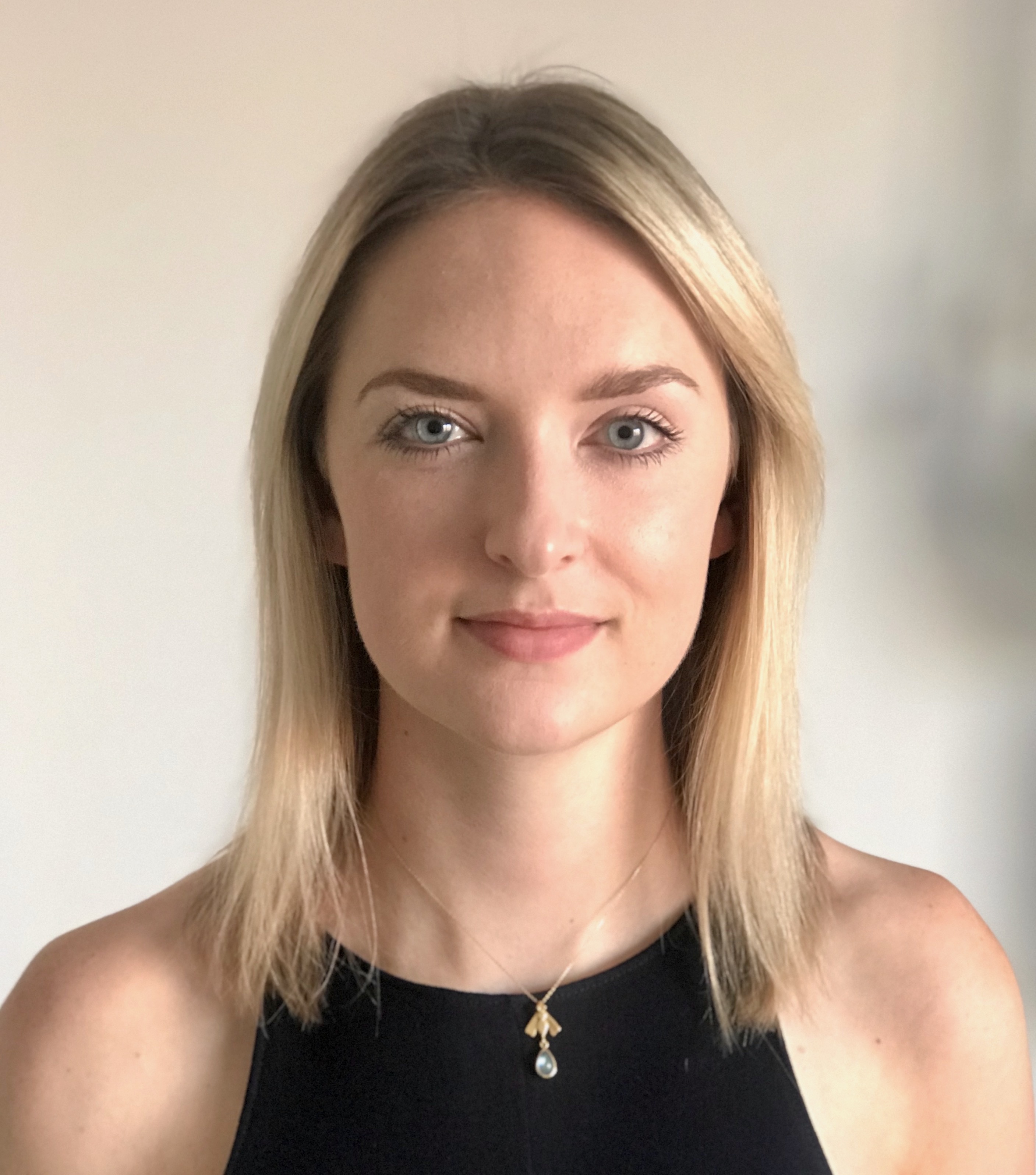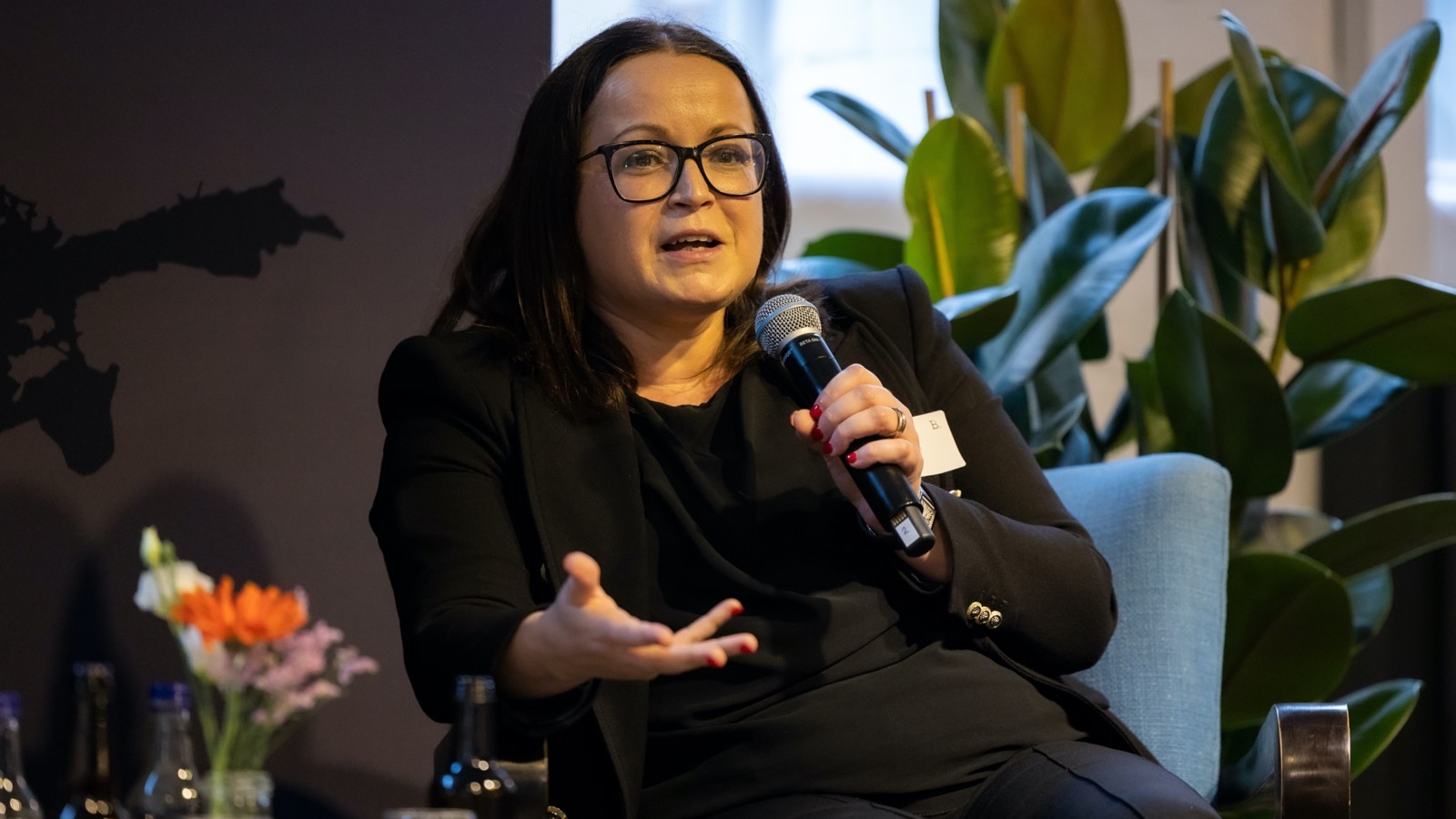Dr. Grace Lordan is Associate Professor in Behavioural Science, expert on the determinants of individual success, advisor to the UK Government, and author of the book ‘Think Big, Take Small Steps and Build the Future you Want’.
(Our conversation has been condensed and edited for clarity.)
What has research shown to be the top determinants of individual success? There are three top determinants. Your skills, how you relate these skills to the world, and your privilege, like your networks. So if you get skills, and you relay them to the world in a way that’s impactful, and you work on improving your privilege, you will definitely improve your success.
Can you explain what the Intention Action Gap is and how this fits in? Sometimes we want to do something, intend to take action, but we don’t. Procrastination and time management are classic obstacles when it comes to the Intention Action Gap. If you can understand more about yourself and what the usual blockades are then work to get around those, you will find yourself on an easier road to success.
Your book is called ‘Think big, take small steps’ – what is it about setting audacious goals, but making very small changes, that is so important?
If you study Behavioral Science, one of the first things you learn is that we’re not rational decision-makers. We don’t weigh the cost, benefit and risk for decisions. We have two different thinking styles. One is fast, where you are on autopilot and includes your habits, and the other is much slower, more deliberate and involves concentration. We spend 80% of our time in the fast mode, so it’s a great starting point to think about the habits you’re engaged in on a day to day basis that move you towards your goal – do you have good habits that set you up for success?
Thinking big is often the easy part, and I encourage people to move away from the constraints that society or family might place on them, and consider – what if it all worked out? Then it’s about embedding the small steps and habits you need on a daily or a weekly basis to actively move towards your big goal.
How do we define the big goals and small steps?
I like to ask people what would your me plus be doing? This is yourself in one to five years.What will they be doing to make you want to get up in the morning and feel satisfied at the end of the day? We often think about labels and imagine ourselves in a role, like being a lawyer or entrepreneur, but we might not think enough about what the actual day-to-day tasks involve, and that’s really what I want people to do.
When you know what the actual tasks are, you have a good idea about whether or not you would feel satisfied in that job. By visualizing the tasks it also helps set the scene for what the small steps need to be, for example gaining particular skills and highlighting these in your CV. Taking a task based approach, as opposed to focusing on an occupational label, is a really healthy way to choose a career you’re likely to enjoy.
Once we have the steps mapped out, what strategies can help us stay on track and maximize our chance of success?
We’ve discussed the idea of visualizing your me plus, but this person is in the future and all of the costs are today. So it’s important to think how you can alter that equation and either bring more benefit today, or reduce the costs and reduce the pain of showing up.
A good thing to try is bundling. If you’re doing something you find really hard, you can bundle it with an activity that you enjoy doing. Another tip is to tell someone else what you’re committing to, as we’re actually much more accountable to other people than we are to ourselves.
My favourite one, which I use myself, is leveraging the compromise effect. This says all you’re going to do is show up for yourself in some way. Instead of a to-do list which is all or nothing, you write down what low, medium, or high effort looks like. Even if you only do the minimum amount, you can still check it off. Interestingly, it’s been shown that using this method makes you more productive, and actually most people do the medium amount.
This is why taking small steps is much more effective than aiming for huge changes.With small steps, it’s not the end of the world if you miss a day because there’s always another day.
What advice would you give people wanting to manage their time effectively?
It’s a cliché, but time is the most precious resource we have. It’s the only thing you can’t create more of, so it’s important to use it wisely. There are three different types of time use. The first is what makes us happy in the moment. The second are things that invest in
our future self, and the last are the time sinkers, where we’re wasting our time. I encourage people to do a weekly time audit and write down what you spend your time doing, then look back and figure out what the time sinkers are and take steps to remove them. The second thing is to compare how you’re spending time and what it brings you. For example, if you’re over investing in being happy today, but sacrificing your long-term happiness, make some trade-offs by engaging in activities that get you closer to your big goals.
How can we create the right environment for success?
Context really matters. The people you surround yourself with will have a direct impact on your productivity and well-being. Behavioral scientists have also found evidence to support the impact of our physical environment and what helps us work faster and better.
Plants are good in an office as they help with airflow. Lighting is important too, for example if you want to be creative, a room with dim lights is better, but if you want to be focused, you should have strong lights on you. Research on color shows that red helps give you confidence and makes you feel dominant – so if you’re someone who wants to bring yourself out of your shell, then buying a red painting or having one wall painted red might actually help you get there.
Can you explain how biases and self-narratives can hold us back?
If you feel that you’re being discriminated against or held back, think about what can I actually control within the situation? Taking one example, something that affects a lot of people is anticipated loss aversion. Research shows that thinking about something that might happen is a life experience in itself – it causes anxiety in the same way as actually living through the experience. Yet, the real experience is usually much less worse than anticipated. What’s really interesting about anticipated loss aversion is it holds us back because people put themselves forward less which impacts their likelihood of success.
Do you have tips for succeeding in a non-supportive environment? Informal networking is really key. Identify the type of people who you would want in your personal boardroom. If you find people who are diverse with respect to the skill set they offer, then they’ll bring you into other networks. In Think Big, I talk about asking for the help you need. There’s even evidence to suggest that if I asked for something today and you said no, the second time I ask, you’re much more likely to say yes.
Do you have any advice for people who understand the importance of asking for help but worry they are inconveniencing people?
Time is precious, so keep emails short, make it as easy as possible for them to say yes, and think in terms of being reciprocal. The person on the other end is human and they have needs as well. You have a number of skills that they could probably use, or you could help them in some way, so frame it around some mutual benefit. Even if there isn’t a gain for them immediately, think how it might add value for them in the future. Just the fact that you’ve thought about their feelings and constraints will make it more likely they say yes.
What should organizations and managers be doing to address biases in the workplace? The first thing is getting meetings right. Meetings are where teams come together and it’s here employees see different power dynamics both between themselves and their leaders. So thinking about whether everybody around the table gets equal opportunities, visibility, and a voice in order to progress their careers, and if you as a leader are making sure this is the case. Also, changing how people view a good interaction at work. It isn’t necessarily about having friends – we need people with different perspectives and backgrounds having discussions and pushing each other, in order to be more productive and innovative.
Finally, what are three key takeaways for people to achieve their ambitions?
Firstly, the title of the book, remember to Think Big and Take Small Steps. Second, do a time audit and get rid of the time sinkers. Lastly, work on your resilience, so that when you do have negative encounters in life you’re able to bounce back.


